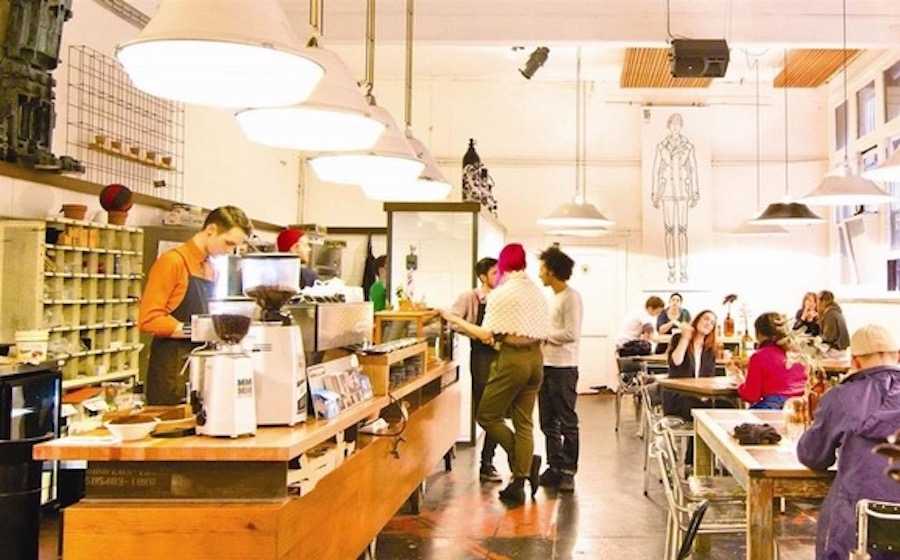It is interesting to talk to Cosimo Libardo, past president of SCA and now based in Australia as managing director of Toby’s Estate Coffee, but above all coffee market strategist.
“And I usually get it right”, he says after an hour-long interview from Sydney in which he discusses the very latest in the world of specialty coffee, a market still in its infancy in Italy but now at the mature stage down under.
A fascinating look into what the future holds, but also a stimulus for baristas all over the world.
What is happening in Australia’s specialty coffee market?
Specialty coffee is like a good-looking, desirable teenager who grows up and loses some of their charm. The first phase, with die-hard pioneers concentrating on raw materials and extraction methods (but not very interested in business) is over. Now the focus is on social and economic sustainability. You cannot buy cheap coffee without knowing where it comes from and the conditions of those who cultivated it, or very expensive coffee for that matter, because consumers know about things nowadays, they are discerning and demanding, and they are not prepared to just keep on paying more and more. Farmers and end customers both need protecting. So there is a shift towards more affordable origins, cutting down on excess.
And how are the many coffee shops doing?
It’s an easy market both to get into and to be forced out of. The rate at which specialty establishments close or change hands is extremely high in Australia: 75% within a year of opening. Their life cycles are also short: five years ago it was two or three years, now it’s one or two. Many get into the business without any long-term vision, and the challenge for tradespeople now is to find a more articulated business model.
A problem that concerns not just Australia but all the more advanced specialty markets…
It’s no coincidence that there have been many successful courses, TV programmes and books not only on the know-how regarding the raw material itself and extraction methods (that’s taken for granted now), but actually on how to make a go of running a coffee shop. Books like What I Know about Running Coffee Shops by Colin Harmon, the Irish four-time barista champion with cafés in Dublin, which has sold millions of copies, or the podcast Keys to the Shop by Chris Deferio, who is from the US state of Kentucky. There has also been a great demand for the seminars Map It Forward – How To Map a Successful Career as a Coffee Roaster, again from the USA.
How can you increase profitability?
One way is by creating other sources of income. In Italy, bars have got into lunches, which are often low-cost, frozen preparations but they work. The specialty model needs to remain faithful to itself, so if food is offered alongside it, it has to be high-quality, fresh and freshly-prepared. Coffee shops often have their own micro kitchen. Then there are sales of coffee beans in 200-gram packs that offer customers the chance to prepare their own coffee at home.
What opportunities do you see for specialty coffee in Italy?
It’s still something new but there is great potential there, because hardly any coffee shops offer it (about 30 cafés in the whole country – ed.). But with a high-quality offering (including food) and distinctive interior décor it is still possible to possible to stand out from the rest. In Australia there are many now that specialty doesn’t have much ‘special’ appeal any more, so efforts are now focused on coming up with new ideas like coffee-based drinks or cocktails.
So, to put it another way: it is no longer a crime to talk about business in the specialty sector. In fact, it has become a necessity.


















